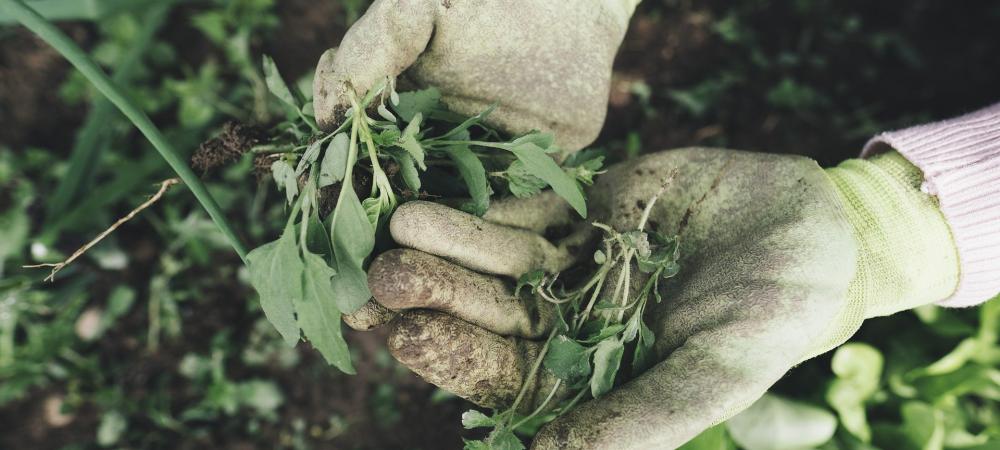Does Vinegar Kill Weeds?

If you’ve stepped into your yard only to find stubborn weeds popping up between paving stones, in garden beds, or across your lawn, you’re not alone. Weeds can be persistent and frustrating, but you don’t always need harsh chemicals to control them. Many homeowners are turning to natural alternatives—and one of the most popular is vinegar.
So, does vinegar kill weeds? The short answer: yes, it can. But there’s more to the story. In this guide, we’ll explore why vinegar works, how to use it effectively, and even share homemade recipes that can boost its weed-killing power.
How Does Vinegar Kill Weeds?
Vinegar contains acetic acid, a compound that can dry out and kill plant tissue. Household white vinegar typically has a 5% concentration of acetic acid, which is enough to kill young, tender weeds by drawing moisture out of the leaves. Stronger versions, such as horticultural vinegar (20% acetic acid), are available for more aggressive weed control.
However, vinegar is non-selective, meaning it will kill or damage any plant it touches, including your grass, flowers, and vegetables. It also doesn’t usually kill the roots, which means perennial weeds may come back.
Vinegar Weed Killer Recipe
Want to try a more powerful homemade version? Here’s a popular vinegar-based weed killer recipe:
Ingredients
- 1 gallon white vinegar (5% or higher)
- 1 cup salt (table or Epsom salt)
- 1 tablespoon liquid dish soap
Instructions
- Mix all ingredients in a large bucket.
- Stir until salt dissolves.
- Pour into a spray bottle or garden sprayer.
- Apply to weeds on a sunny day, avoiding desirable plants.
Why It Works
- Vinegar dries out the foliage.
- Salt helps dehydrate and damage roots.
- Dish soap breaks surface tension, helping the solution stick to leaves.
Final Tips for Success
- Target young weeds. Vinegar is most effective on seedlings or small weeds.
- Don’t overuse salt. It can accumulate in the soil and prevent anything from growing.
- Reseed bare spots. After killing weeds, fill in the area with grass seed or mulch to prevent new weeds from growing.
- Combine methods. Use vinegar sprays alongside manual weeding and mulching for the best results.
Bottom Line: Should You Use Vinegar to Kill Weeds?
Some homeowners turn to vinegar as a natural weed control option, particularly for small, young weeds or areas like driveways and gravel paths where plant growth isn’t desired. While vinegar can damage some weed foliage on contact, it’s non-selective, doesn’t reach the roots of perennial weeds, and often requires multiple applications.
For those looking into DIY methods, vinegar is sometimes considered a low-cost alternative, but its effectiveness is limited, and results can vary widely depending on weed type and growing conditions. Professional weed control products and services typically offer more reliable, long-term solutions.
Professional Help for Stubborn Weeds
While homemade remedies like vinegar are great for quick fixes or spot treatments, some weeds are just too stubborn. Deep-rooted perennials, invasive species, and lawn-wide weed issues often require a more targeted approach, without harming your turf.
That’s where our team at BlueGrass Lawns comes in! Our weed control & fertilization program is designed to eliminate even the toughest weeds—crabgrass, dandelions, clover, nutsedge, and more—while nourishing and strengthening your lawn. We combine premium weed control products with nutrient-rich fertilizers to ensure your lawn isn’t just weed-free—it’s thriving.
Don’t let persistent weeds ruin your outdoor space. Whether you're battling a few problem patches or need a full-lawn recovery, we’ve got a plan that works. Contact our team of weed experts today to learn more!
